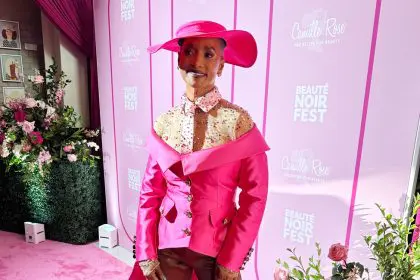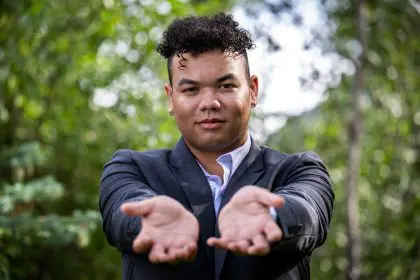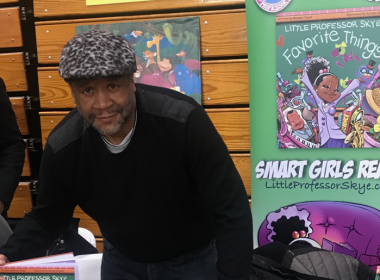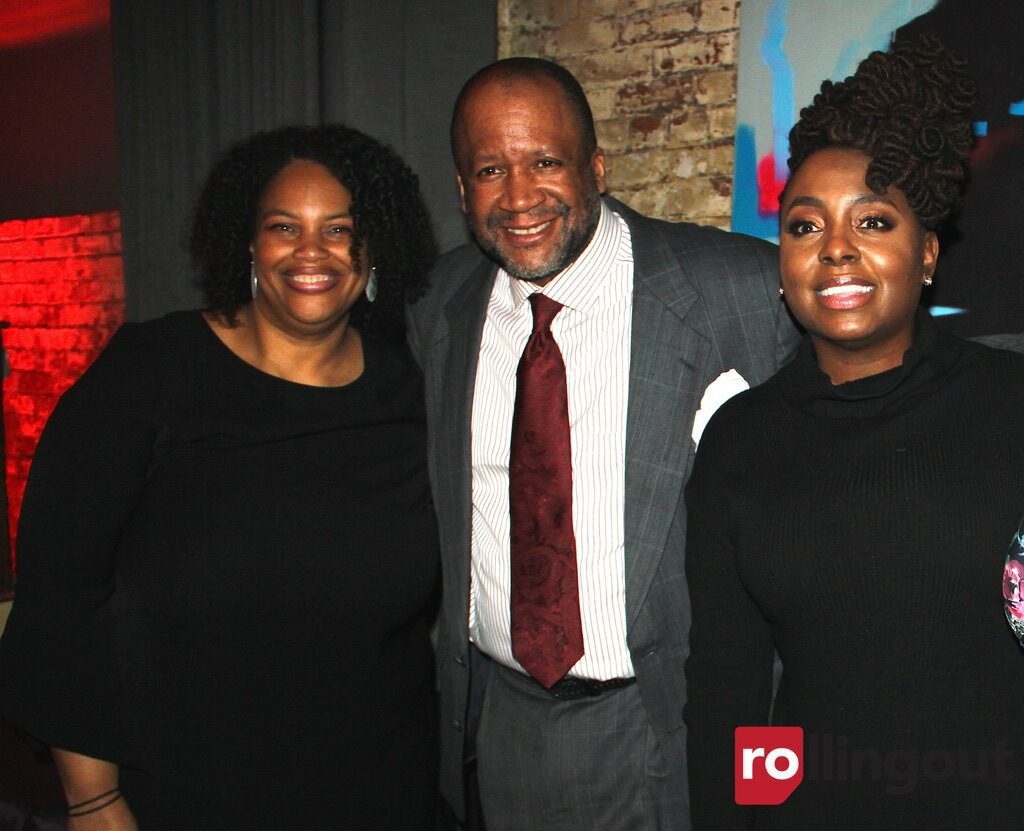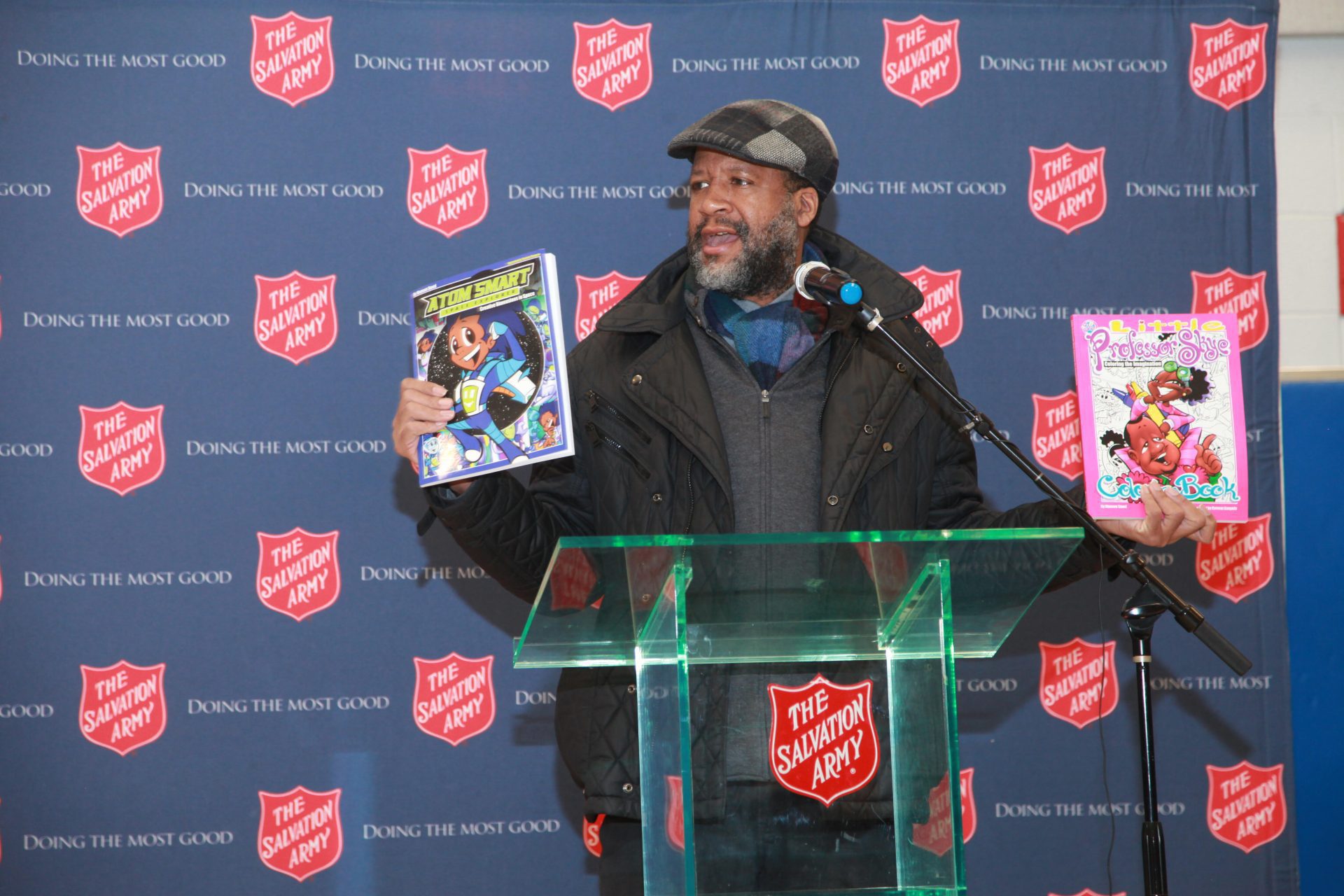Black Jesus, Black Jesus, Black Jesus, Faheem Majeed must have thought as he created You Then Me currently on display at the Museum of Contemporary Art in Chicago.
Majeed’s depiction of African American men being persecuted as criminals in the same manner as Jesus is powerful. He had a prophetic understanding as he portrayed a man stretched out in the image of Jesus. The pain present on the face of the fragile white structure and the image of Black men in the penitentiary, layered in cells and stacked on top of each other as if on a slave ship offered stunning imagery to those viewing the installation.
It caught me off guard to see men stacked in that manner but it, in fact, portrayed an idea of what God would be if stacked inside a cell and stretched out on canvas. It also reflected Jesus on the cross with tears representing pain — the pain that is inside Black Jesus, the pain of seeing the persecution of Jesus and the Black man.
It was inspiring to see a young hip-hop generation artist take a stance and create such a powerful work. The image of Black men on a slave ship reminded me of being a “slave to the game” in a menacing hip-hop culture. It made me ask if slave ships were the precursor to the overwhelming presence of African American men in the penitentiary.
Majeed shares his vision. He shares his understanding of what urban circumstances and poverty have created. Circumstances of poverty and a criminal justice system that would stack men on top of each other, force migration and emasculate men for all to see, especially on television and in movies.
Black Jesus depicted in a white, chalky, star-like structure with fragile bones represents the brokenness of those in prison. Broken by a system that says three strikes and you’re out, leaving one to ask, “Where is the salvation?”
The criminal justice system appears to know exactly what it’s doing, serving up institutionalized slavery. There’s no redemption and so few opportunities for one to redeem oneself.
As you look closer, you can see the resemblance of the faces of so many of our brothers. Brothers that look like me, a son, a husband, a father, a brother, a cousin. Brothers being in the same state, all looking alike, all in despair, all persecuted by a criminal justice system that will never, never, never let them go.
Majeed captures the essence of Black men who have been persecuted. He captures the Black man in a fragile state. We all should see our brothers. We should all seek salvation for the brothers we see. I hope seeing this installation and how it reflects the captivity of a generation of men whose futures are persecuted, whose families are persecuted, and whose faith is persecuted will cause the kind of introspection that leads to action.
Peace.







